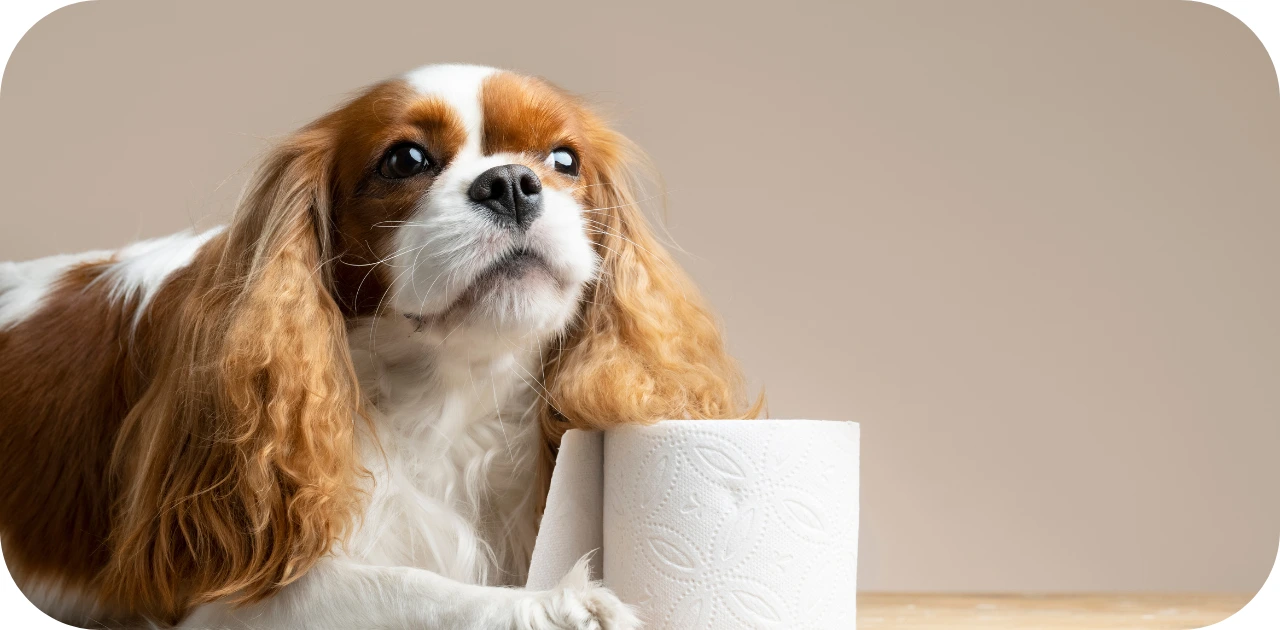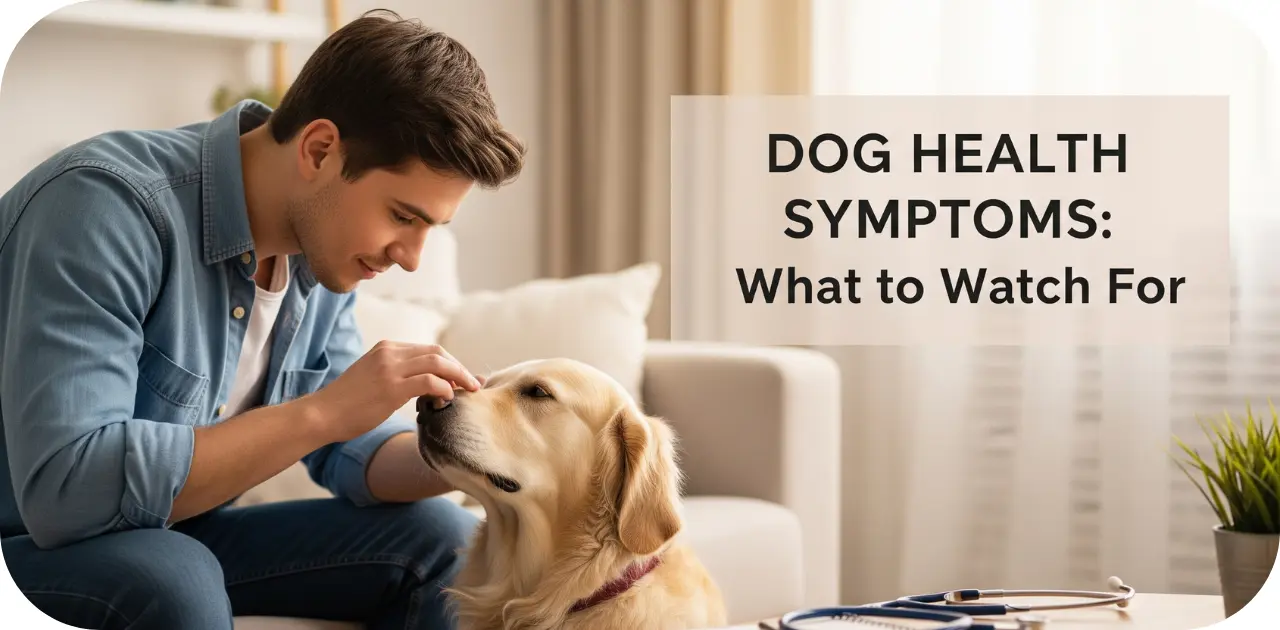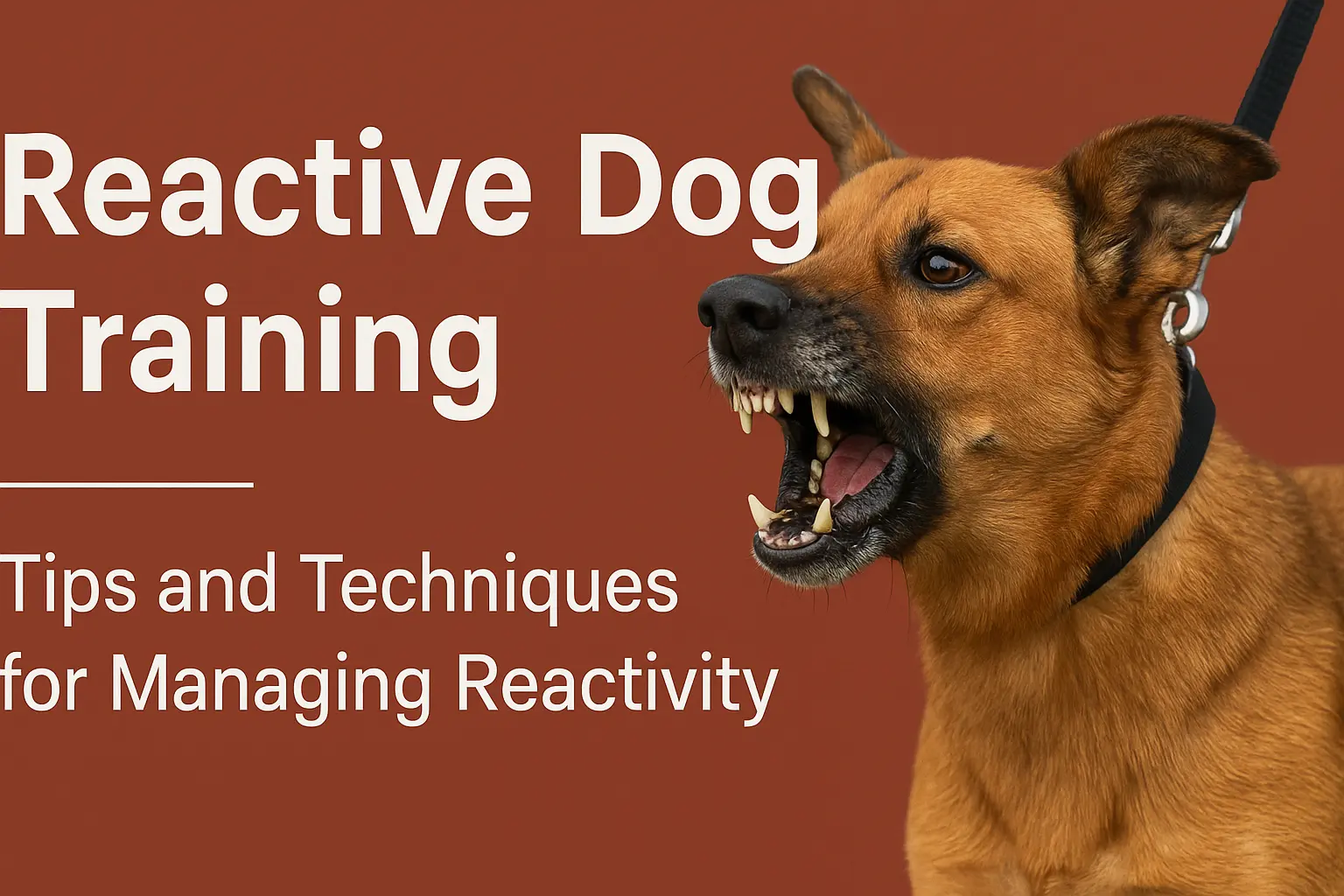How to Potty Train a Puppy Fast: Step-by-Step Guide for New Puppy Owners
Table of Contents
How to potty train a puppy is a question every new pet parent faces. It’s a vital part of raising a healthy, happy dog—and getting it right from the start sets the foundation for a lifetime of good habits. In this complete guide, you’ll discover how to potty train a puppy fast, avoid common mistakes, and build a strong, trusting bond along the way.
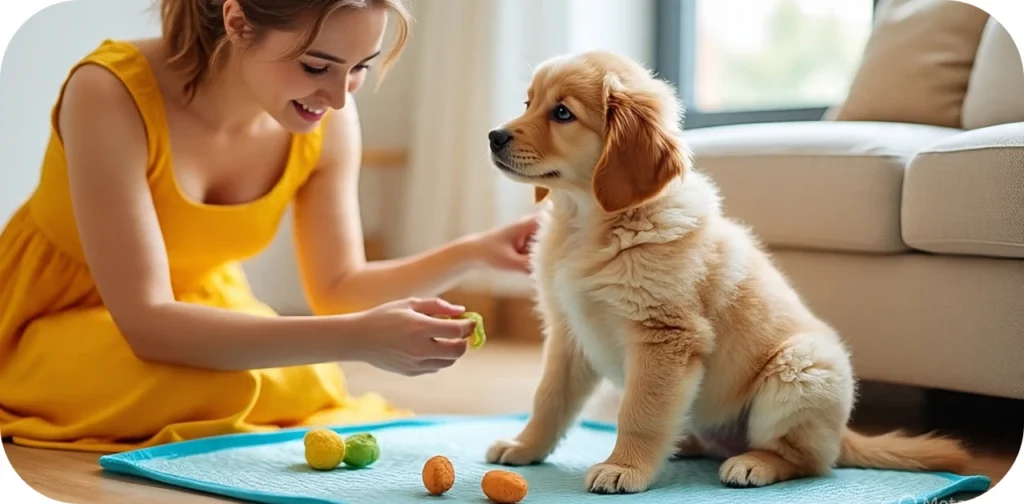
When to Start Potty Training a Puppy
Knowing how to potty train a puppy starts with timing. Begin potty training as soon as your puppy arrives home, usually around 8 weeks old. Early training teaches them when and where to go, while preventing bad habits from forming.
Understanding Puppy Potty Habits
To learn how to potty train a puppy effectively, observe their natural elimination patterns. Puppies usually need to go:
- Right after waking up
- After meals and water
- After playtime or excitement
- Every 1–2 hours for very young puppies
Watch for signs like sniffing, circling, or sudden restlessness. Recognizing these early helps avoid accidents.
Preparing for Potty Training
Before you dive into how to potty train a puppy, set up a structured environment:
- Choose a designated potty area
- Gather supplies: leash, treats, crate, potty pads
- Stick to a consistent feeding and potty schedule
Step-by-Step Guide: How to Potty Train a Puppy
Create a Reliable Potty Schedule
Consistency is the secret to how to potty train a puppy fast. Puppies thrive on routine. Take your puppy out:
- First thing in the morning
- After meals
- Before bed
- Every 30–60 minutes during the day
Use Crate Training
Crate training supports potty habits by limiting your puppy’s space. Puppies avoid soiling where they sleep, making this method key when learning how to potty train a puppy.
Return to the Same Potty Spot
Repetition matters. Take your puppy to the same potty location to reinforce routine. Use a command like “Go potty” to create verbal association. It’s a powerful step when learning how to potty train a puppy quickly.
Reward Good Behavior
Positive reinforcement is critical in how to potty train a puppy. Immediately praise and treat your puppy after successful elimination.
Handle Accidents the Right Way
Don’t scold—interrupt calmly and guide your puppy to the right spot. Clean with enzymatic cleaners to prevent scent-based repeat accidents.
Potty Training in Apartments or Without Yards
Wondering how to potty train a puppy in an apartment? Use puppy pads, indoor turf patches, or create a balcony potty zone. The same rules apply—consistency, supervision, and praise.
Dealing with a Stubborn Puppy
Some dogs take longer to catch on. Stay patient. Limit access to the house, supervise constantly, and use high-value rewards. Remember: knowing how to potty train a puppy includes knowing how to stay calm under pressure.
Combine with Other Training
Potty training pairs well with crate training and obedience training. The more structure your puppy has, the easier it is to teach how to potty train a puppy.
Sample Daily Potty Training Schedule
Here’s an example of a daily potty training schedule for an 8-week-old puppy:
| Time | Activity |
|---|---|
| 7:00 AM | Wake up & potty break |
| 7:15 AM | Breakfast |
| 7:30 AM | Potty break |
| 9:00 AM | Potty break |
| 11:00 AM | Potty break |
| 12:00 PM | Lunch |
| 12:15 PM | Potty break |
| 2:00 PM | Potty break |
| 4:00 PM | Potty break |
| 6:00 PM | Dinner |
| 6:15 PM | Potty break |
| 8:00 PM | Potty break |
| 10:00 PM | Final potty before bed |
Adjust this schedule based on your puppy’s age, size, and feeding routine. Consistency is the cornerstone of how to potty train a puppy quickly and effectively.
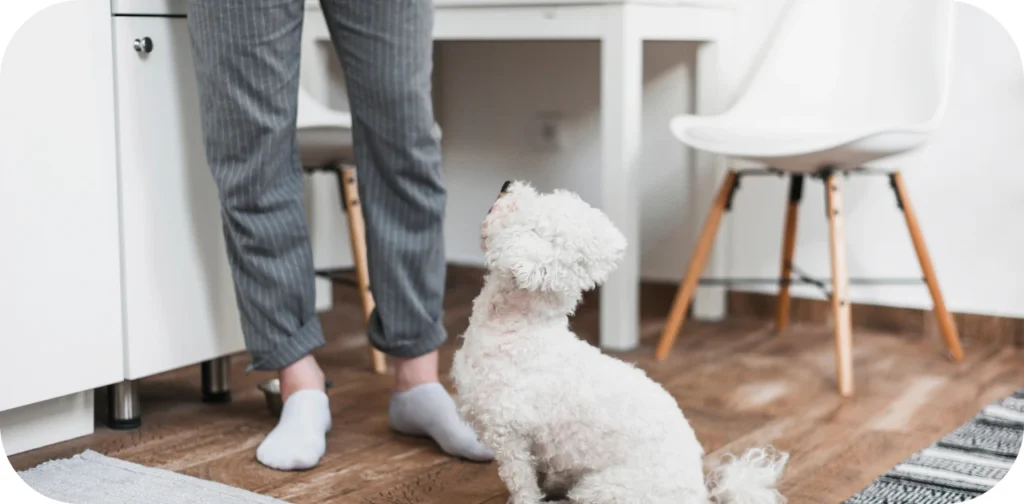
Frequently Asked Questions
How long does it take to potty train a puppy?
It varies, but most puppies are house-trained within 4–6 months with consistency.
Can I use puppy pads?
Yes. They’re useful for indoor training, especially in apartments. Transition gradually to outdoor spots.
What about nighttime accidents?
Limit water before bed and schedule a potty break before sleep. Younger pups may still need midnight breaks.
Conclusion
Now you know how to potty train a puppy step-by-step—from timing and routines to handling setbacks. This process builds not only good bathroom habits, but also a loving relationship rooted in trust. Stick to the plan, stay patient, and your furry friend will be fully house-trained in no time.
For more tips, see our full guides on crate training, puppy sleep schedules, and common puppy mistakes.

